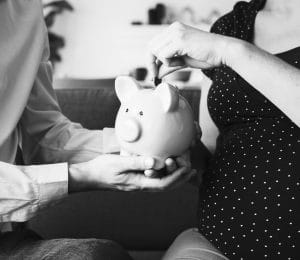
By Greg Terry
A budget can be defined as a financial plan, typically one year. A household budget typically comprises of income and expenses.
Have a financial target, use a budget as a ‘Gateway to your Future’. Once you have achieved your first budget successfully make sure you reward yourself in some way, either by purchasing what you originally intended or invest the money in a new goal. Remember, budgets need to be flexible be mindful of any changes in your circumstances and adapt your budget accordingly.
Once you have calculated your income, if your income fluctuates from month to month take an average of the last 12 months so you can calculate an approximate budget. If the vast majority of your income is salary based it is a lot easier to calculate your income.
The next thing to calculate are your expenses. This is often harder because we can often lose track of where and when we spend our money. Expenses can range from annual (rego and insurance), monthly (Internet/mobile), weekly (groceries) and daily (public transport). The best way to track your expenses is to record what you spend in one place like on your phone or computer. There are plenty of budgeting apps to help you do this.
The worst case scenario should be your income and expenses are equal. Ideally you will spend less than you earn. Why you may ask? It is a lot less stressful (and cheaper) to have some savings to pay for unexpected expenses than get into debt with a high interest rate.
5 top tips
1. A great habit to get into is ‘pay yourself first’ before paying any expenses, you earnt the money so why shouldn’t you be the first to benefit! Ideally 10 % but it will depend on your circumstances.
2. Calculate the cost of your annual bills eg rego and insurance and save enough every month to cover the cost
3. Shop around when you need to renew an insurance policy, even if you stay with your existing provider still ask for a discount
4. An ‘oldie but a goodie’, prepare a menu for the week and shop to the menu. This helps reduce random purchases, plus never do the grocery shopping when you are hungry!
5. Pay for things in cash, at least to start with. You get to see how much you are handing over at the cash register before it disappears! Once you are disciplined use a debit card.
Finally, review your budget at regular set intervals so you can keep track of your progress. Remember the budget is not ‘set in stone’ and you may have to make minor adjustments.
If you are not successful the first time don’t be too hard on yourself, call it a learning experience and give it another crack!
If you are Budgeting to buy your first house or even to help you save some money feel free to contact GAFA for some advice!
